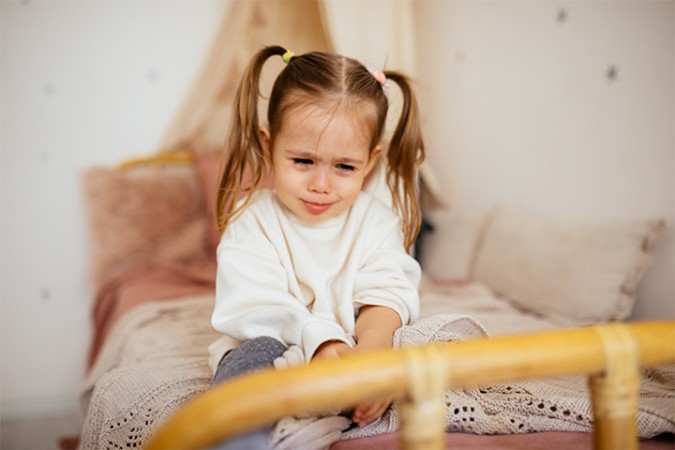
Hiccups, those sudden, involuntary contractions of the diaphragm, are a common occurrence in people of all ages. But have you ever noticed that small children seem to get them more frequently than adults? Let's delve into the curious world of childhood hiccups, exploring their causes and solutions, as well as insights from medical professionals.
Hiccups occur when the diaphragm, the muscle that separates the chest from the abdomen, contracts involuntarily. This contraction is followed by the sudden closure of the vocal cords, resulting in the classic "hic" sound.
It's not just your imagination – children do indeed experience hiccups more frequently than adults. There are several reasons for this phenomenon:
In infants and young children, the nervous system is still developing, which can make it more prone to glitches, including those that trigger hiccups.
Children's digestive systems are still developing, and they may swallow air more frequently while eating or drinking, leading to hiccups.
The rapid growth and development that children undergo can sometimes result in hiccups as their bodies adjust to these changes.
While the exact cause of hiccups remains somewhat of a mystery, several triggers are commonly associated with their occurrence in children:
Children, especially infants, who overeat or consume food or liquids too quickly may experience hiccups as a result.
Strong emotions, such as excitement or stress, can stimulate the nerves that control the diaphragm, leading to hiccups.
Sudden changes in temperature, such as moving from a warm environment to a cooler one, can sometimes trigger hiccups in children.
While hiccups are usually harmless and tend to resolve on their own, there are several strategies parents can try to help alleviate their child's discomfort:
If hiccups occur after eating, gently burping your child may help relieve them by releasing trapped air in the stomach.
Encourage your child to eat and drink slowly to reduce the likelihood of swallowing air, a common trigger for hiccups.
Engaging your child in a distracting activity, such as reading a book or playing a game, may help take their mind off the hiccups, allowing them to resolve naturally.
Teaching your child simple breathing techniques, such as taking slow, deep breaths, may help relax the diaphragm and alleviate hiccups.
While most childhood hiccups are harmless and resolve on their own, it's essential to consult a medical professional if they persist for an extended period or are accompanied by other concerning symptoms. Here's what doctors have to say about childhood hiccups:
"Childhood hiccups are usually nothing to worry about and are a common occurrence in young children. However, if hiccups persist for more than a few hours or are accompanied by vomiting or difficulty breathing, it's essential to seek medical attention."
"Hiccups in children are often related to benign causes, such as overeating or rapid feeding. However, if hiccups are frequent or interfere with your child's daily activities, it's advisable to consult with a pediatric gastroenterologist to rule out any underlying digestive issues." In conclusion, while childhood hiccups can be bothersome, they are usually harmless and tend to resolve on their own. By understanding the common triggers and implementing simple strategies to alleviate them, parents can help their children find relief from this common childhood ailment.
How to Decipher Subtle Body Signals: Understanding High Cholesterol Indicators
What are the benefits of chewing basil leaves every morning?
Know These Secrets of Resistant Hypertension: Unveiling Causes and Symptoms